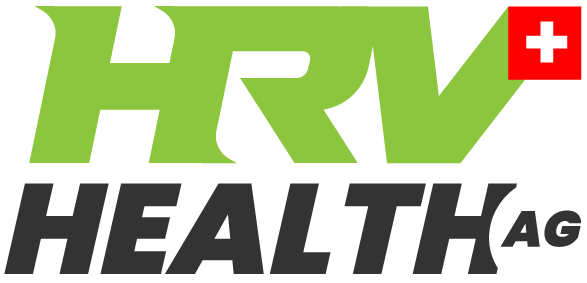Roy is HRV Health’s founder. His RMSSD is between 100 and 120, and his RHR is usually around 40. Those are the metrics of an athlete in his twenties. Roy is 68.
“Six years ago I was in deep trouble. My SRRS score was 394.” He says. “There was an 80% chance of having a life-changing illness within two yearrs with the score over 300.”
When asked what SRRS is, he explains that it’s a measure of stress. When asked how he missed the bullet, his answer is clear.
“It had nothing to do with luck. I’d already started exercising. I just made it more scientific, and fun. No pain.”
Recovery after exercise takes longer as one ages, so Roy exercises every day. Less intensely, with more regularity. “The metrics keep me balanced and help me to avoid any pain.”
Roy had always believed that six hours sleep a night was enough. His HRV figures told him that it was not. In addition, the quality of the sleep makes a big difference. So he measures that too.
He’s discovered that working on the computer just before going to bed is detrimental to sleep quality, and now he avoids that.
“Alcohol is a real problem. It causes sleep apnea. That, combined with the other effects that it has on the body, have a profound impact on the HRV metrics.”
“Stress kills. Knowing that, and seeing the numbers is incredibly helpful. When stress becomes a factor, I do something that takes my mind off it completely. I do things that bring me little victories.” Taking on new challenges has been a big part of the success.
“Exercise as a way of improving your HRV metrics is universal” he maintains. “Whether it’s cycling, like I do, or yoga, pilates, tennis, or weights, you must exercise to improve your HRV and RHR.”
He has also adopted the Wim Hof breathing method after seeing the improvements in the HRV metrics of some the HRV Health’s users. “It’s now become my reward that I look forward to at the end of each day, just before going to bed”.
“On the other hand, relaxation is a very personal thing. For some people it’s socialising, for others it’s a good book. What matters is that you feel the stress disappear. Now, with HRV, you can measure what works best.”
He is a big fan of Dr Andrew Huberman’s podcast. Understanding the science behind the how our body and brain work is a critical part of the science of HRV. The science is putting our health back into the hands of the people we trust most, ourselves.
When asked what you should do if there’s no obvious explanation for a decline in HRV, he’s very specific. “See a doctor. There will be a reason, and it’s your doctors job to find it.”
Many of the major chronic conditions including diabetes 2, respiratory ailments, and heart problems are associated with low HRV.
When asked whether medicine can improve HRV he explains that using medicine to improve HRV is just dealing with the symptom, and that the underlying condition, unless treated, will kill you. “If a doctor gives you medicine to improve your HRV, get another doctor!”
